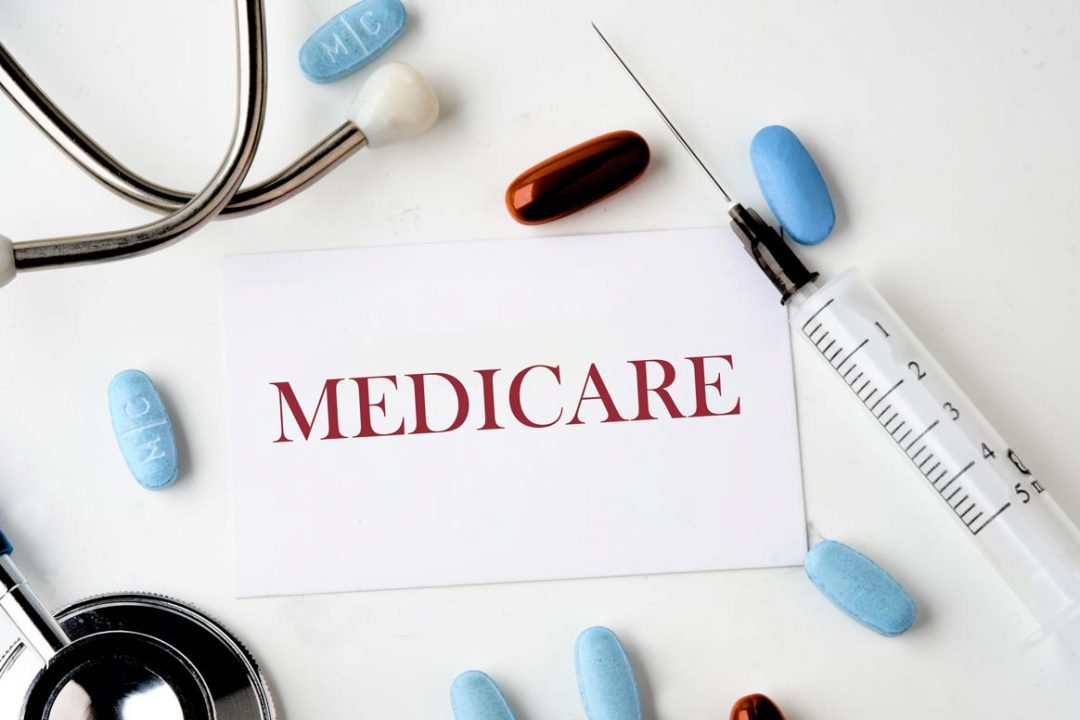Advertisment
Revising Medicare Part D prescription drug policy could save billions

Removing protected class regulation from Medicare prescription drug policies could greatly reduce the United States’ prescription drug spending—this could have saved potentially $47 billion between 2011-2019, according to Weill Cornell Medicine researchers.
The study, published Oct. 7 in Health Affairs, aims to inform policymakers’ debates about Medicare Part D covering the expense of all drugs in six “protected” groups to safeguard patient access. However, the policy may reduce the ability of Medicare Part D plans to negotiate discounts, ultimately leading to higher costs for Medicare and its beneficiaries for these vital drugs.
This includes anticonvulsants (used to treat epilepsy), antidepressants, antipsychotics, antineoplastics (used to treat cancers), antiretrovirals (used to treat HIV) and immunosuppressants to prevent organ transplant failure.
With Part D gross spending increasing from $166 billion in 2018 to $216 billion in 2021, the study authors took a deep dive into what could be contributing to rising prescription drug spending. Lead author Dr. Pragya Kakani, assistant professor of population health sciences at Weill Cornell Medicine, and colleagues evaluated whether protected class regulation was associated with lower rebates for these drugs —payments from drug manufacturers to plans and pharmacy benefit managers that can help control drug costs.
Focusing on the sales of 452 brand name drugs from 2011-2019, the team discovered that rebates grew at a “significantly slower pace,” for protected classes of drugs, meaning that drug purchasers saved less for the six types of protected drugs, than for those that could be excluded from coverage.
The different drug classes had comparable average rebate levels in 2011: approximately 31% for non-protected classes and 28% for protected classes. However, by 2019, rebates for drugs in non-protected classes grew to 57% while average rebates for protected classes remained roughly the same at 33%.
Furthermore, differences in average rebates between protected and non-protected classes impacted drugs with higher Medicare market share more, suggesting Medicare Part D protected class regulation plays a role in lowering rebates.
As medication spending rises, this study suggests a significant potential for savings if lawmakers repealed protected class regulations. Policymakers could use these findings to gain a deeper understanding of how Medicare regulations impact overall cost and guide revisions to the current laws.
“The benefits of reduced spending must be weighed against those of protecting an individual’s access to lifesaving drugs, and figuring out how to balance these competing goals is an important area for future research,” Dr. Kakani said.





